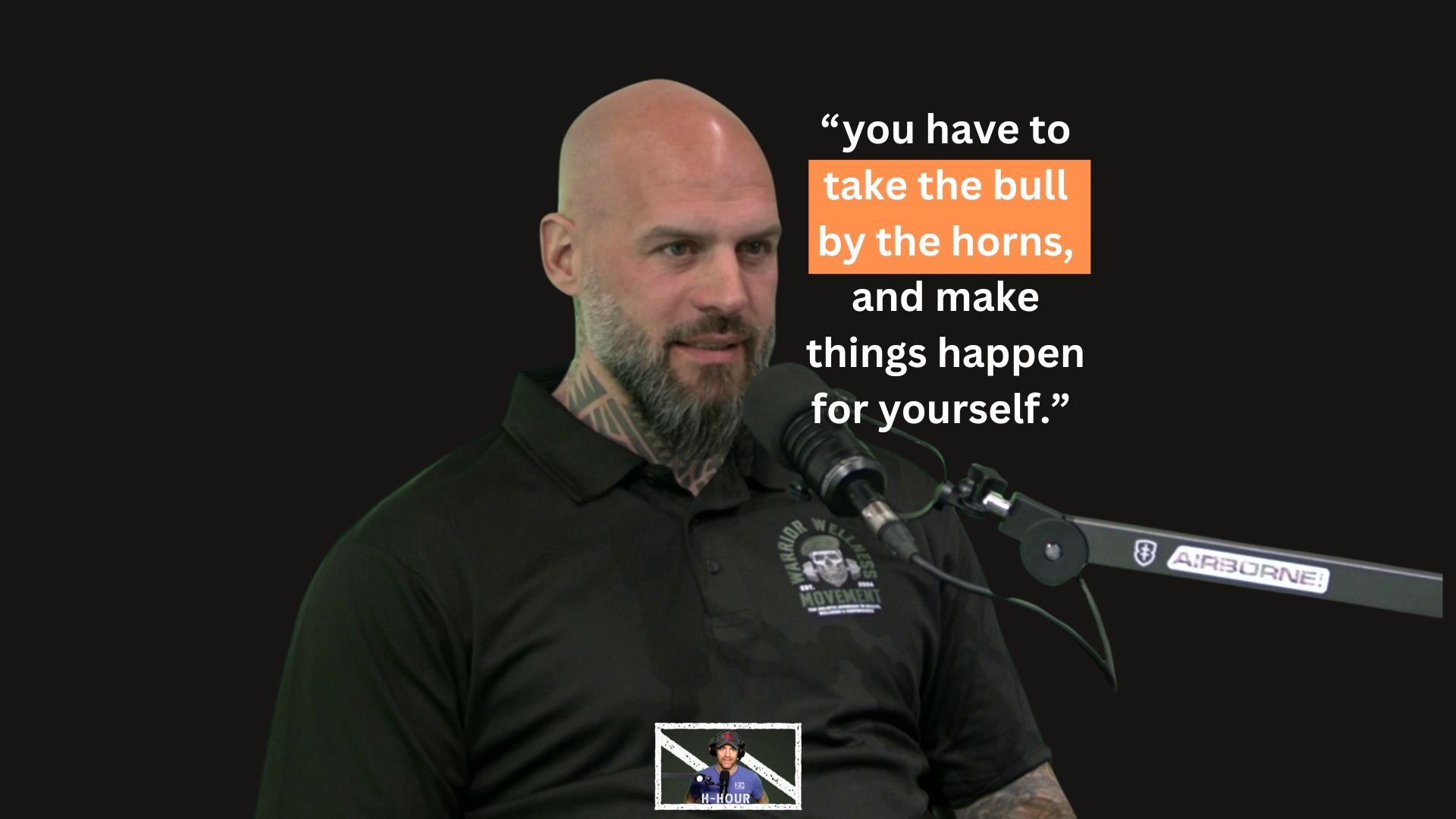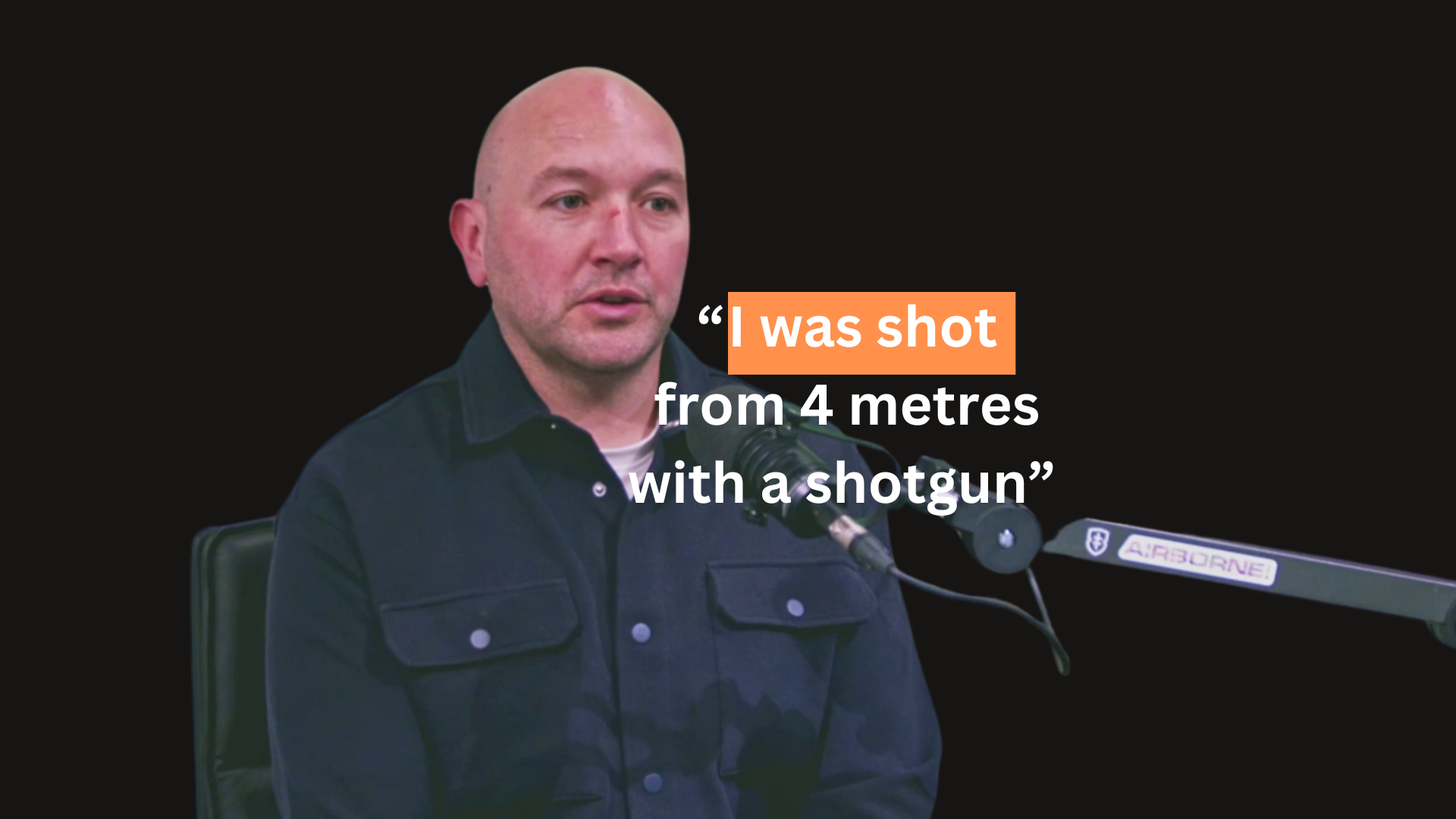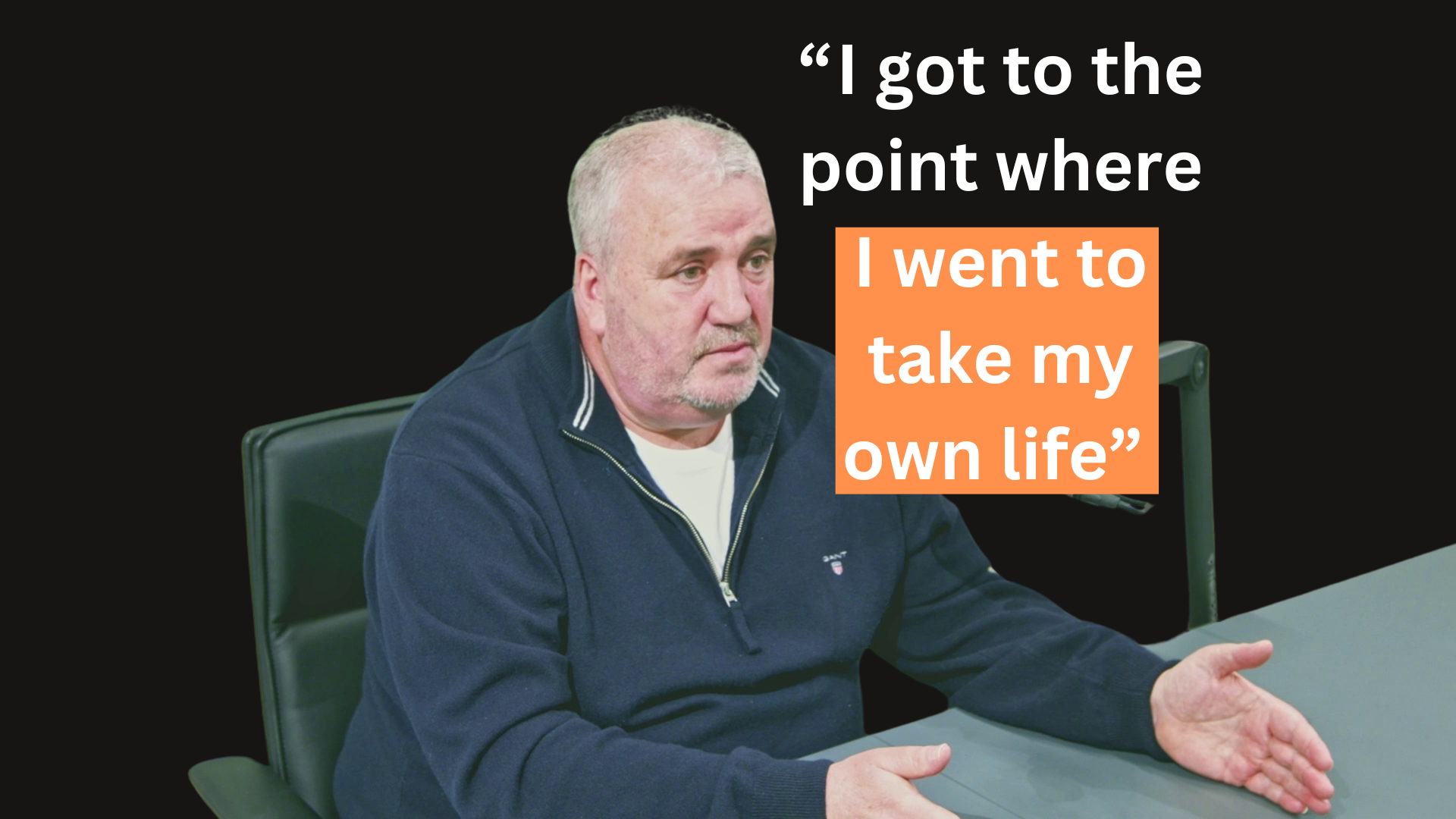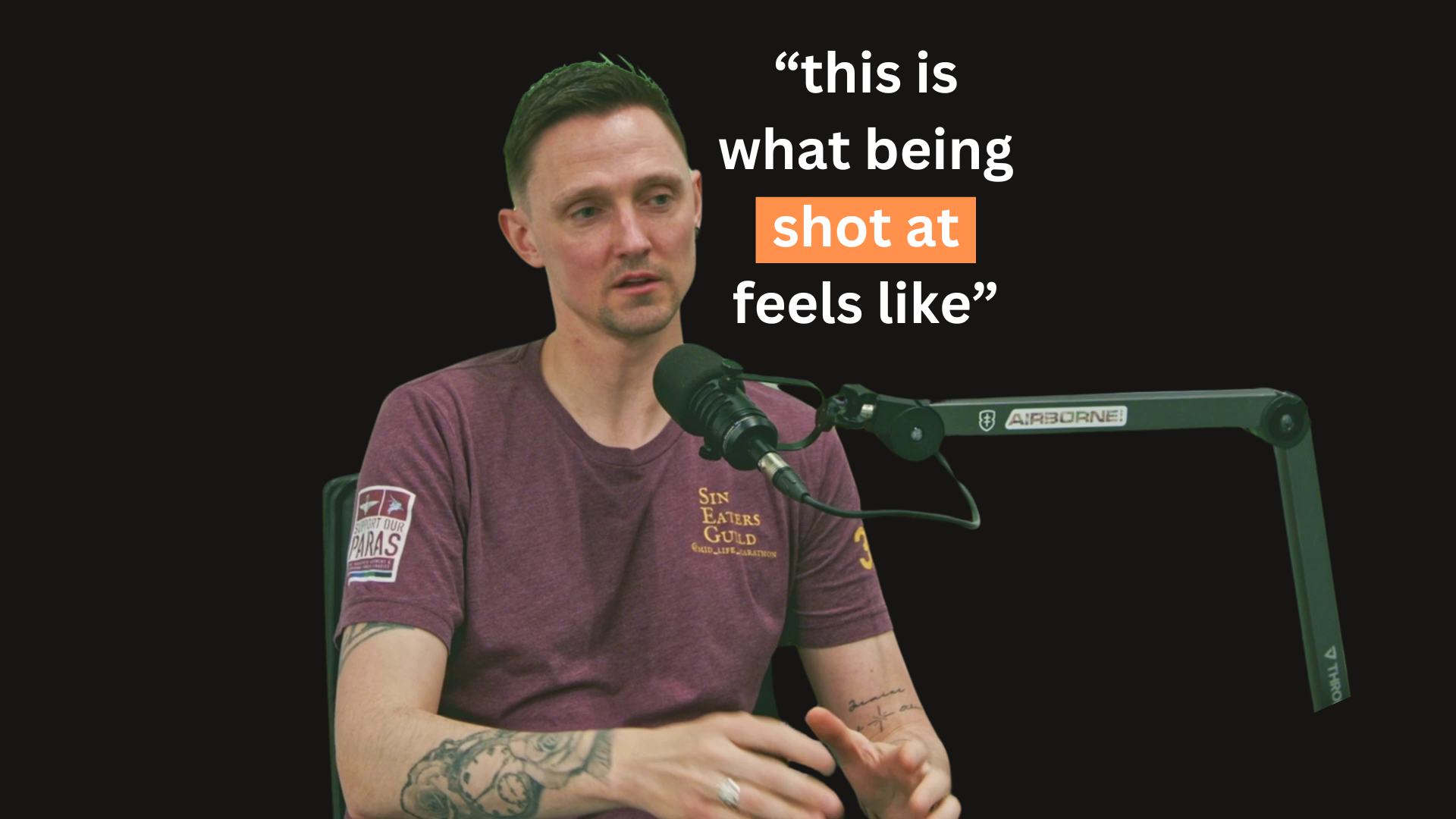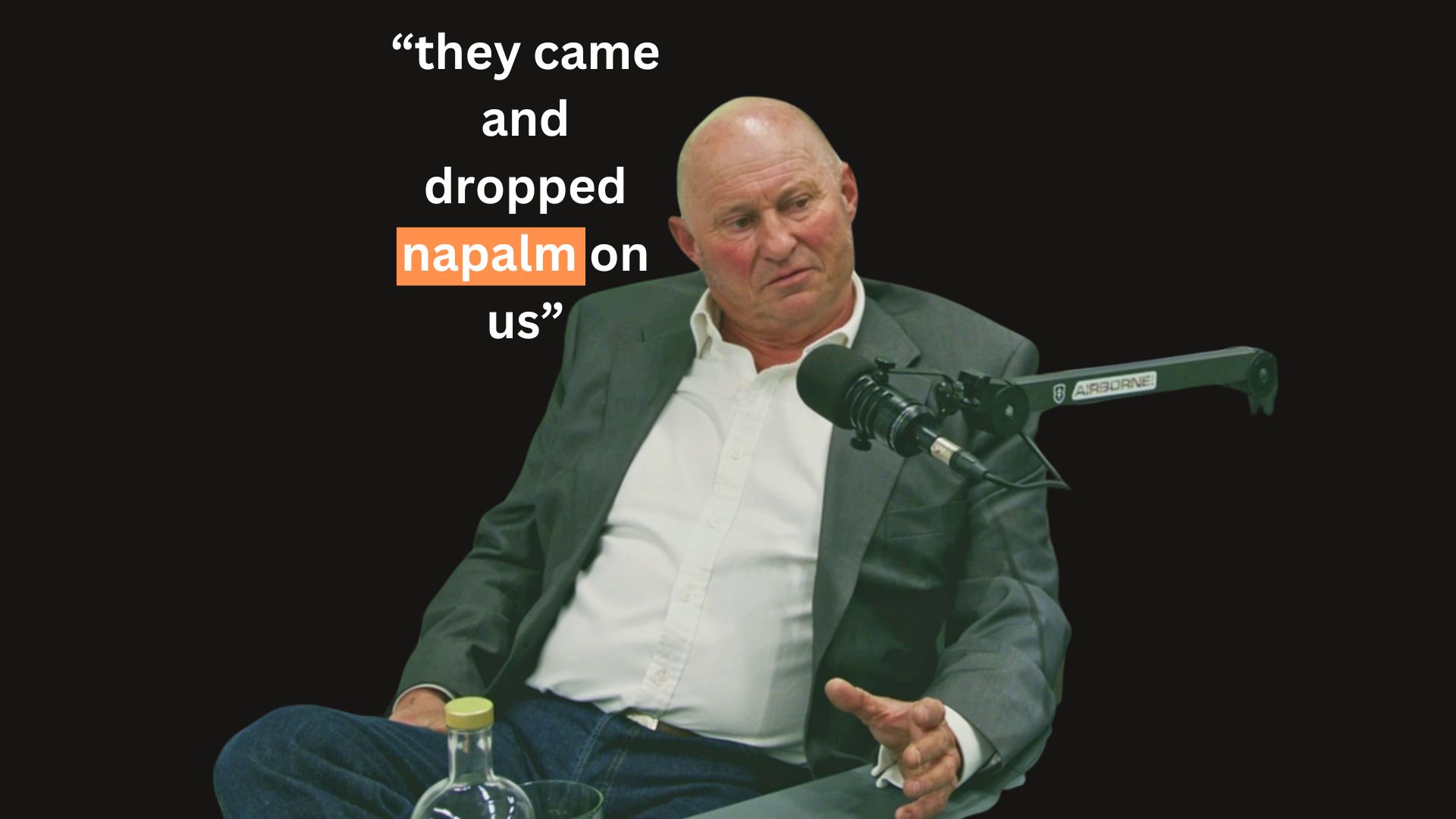H-Hour #226 Andrew Lockwood – Grey Wolf Teams
Podcast: Play in new window | Download | Embed
Andy Lockwood is a leadership, performance and culture consultant. He is the founder of The Rugby Outreach Project, Sports Vacancies and Grey Wolf Teams. In this episode he discusses the concept of empathy and its impact on team performance in sports, particularly in football. He shares his research on the three pillars of effective teams: shared experience, mutual understanding, and empathy. Lockwood highlights a study on an Italian football team that found increased levels of empathy led to more shots on goal and increased performance. He also explores the role of empathy in other industries, such as business and the military. Lockwood discusses his own work in implementing empathy-related strategies in sports teams and organizations. The conversation covers various topics related to rugby, including the impact of money on the sport, the challenges at grassroots level, the differences between rugby union and rugby league, and the success of the Japanese team in the Rugby World Cup. The conversation also touches on the treatment of team managers in football compared to rugby, the importance of soft skills in recruitment, and the need for adaptability in post-military careers.
Takeaways
- Empathy plays a crucial role in team performance in sports, such as football.
- Teams with high levels of shared experience, mutual understanding, and empathy tend to be more effective and enjoyable to be a part of.
- Increasing empathy within a team can lead to improved performance, as seen in a study on an Italian football team.
- Empathy is also important in other industries, such as business and the military, and can lead to increased collaboration and better leadership.
- Implementing empathy-related strategies can have a positive impact on team performance and create a more effective and cohesive team. The introduction of money at a young age in rugby may impact the emotional investment and performance of players as they progress.
- Grassroots rugby faces challenges in attracting and retaining players, especially in the transition from youth to senior rugby.
- Rugby union and rugby league have distinct differences, with rugby league being more accessible and simpler to play.
- The success of the Japanese team in the Rugby World Cup was attributed to tactical analysis and exploiting the weaknesses of the opposition.
- There is a difference in the treatment of team managers in football, where they are often sacked after a few bad matches, compared to rugby where there is more stability.
- Companies are increasingly valuing soft skills in recruitment, recognizing the importance of interpersonal abilities and teamwork.
- Service leavers from the military have a range of opportunities available to them, and it is important to explore different options and be adaptable in post-military careers.








